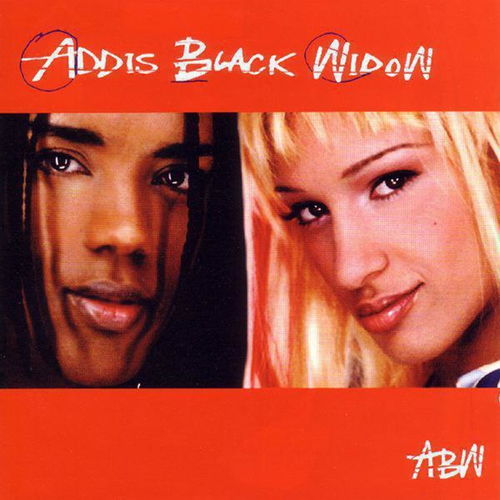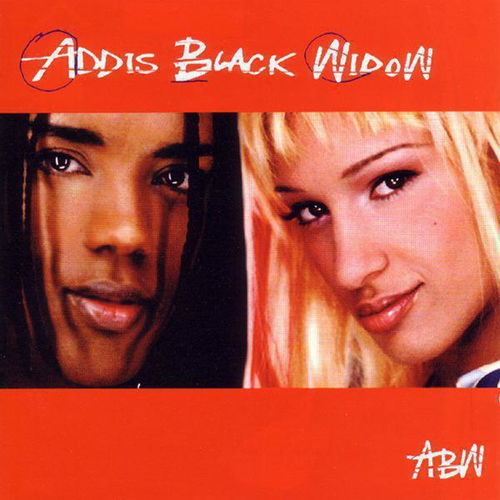innocent
- 数码
- 2023-04-06 19:45:16
- 175
innocent可数吗
不可数
_nnocent的名词就是它本身。innocent用名词词性的用法。
?1、innocent作形容词是无罪的;清白的。not having done wrong I believe he's an innocent man.我相信他是一个无
_锏娜恕She believe him to be innocent.她认为他是清白的。But he is innocent.但他还是天真的。2、innocent作名
_剩煺嫖扌暗娜耍字傻娜耍晃薰嫉氖芎φ撸ㄓ戎阜缸锘蛘秸氖芎φ撸_Innocent无辜;天真的;多管闲事的;
_拮锏?.Innocent XI诺森十一世;依诺增爵十一世;教皇印诺深十一.Innocent Venus无罪的维纳斯主题曲;无罪的维
_伤乖淮拷嗟奈伤埂?3、innocent用作表语:S+be+~.I was very young, and very innocent.我那时非常年轻,
_字晌拗S+be+~+ prep .-phrase.He is innocent of the crime.他是无罪的。S+be+~+to- v.I'm not quite so innocent
_s to believe that.我还不至于幼稚到相信那种事的地步。

innocent和pure的区别
innocent和pure的区别是:innocent:(褒义)天真无邪的,不谙世事的
形容一个人没有接触世上坏的事物,对什么都有着美好的印象,非常单纯。如,an innocent child 一个天真的孩子。也可以指一个人是无辜的,没有犯罪作恶。
pure 的意思是“纯洁的”,也可以表示“道德高尚的”。
天真用英语怎么说?
天真的英语为naive。
一、发音
naive 英[naɪˈiːv] 美[naɪˈiːv]
二、含义
adj. 缺乏经验的; 幼稚的; 无知的; 轻信的; 天真的; 率直的; 稚拙派的(简单质朴,色彩明快);
三、用法
比较级:naiver 最高级:naivest
四、例句
It's naive to think that teachers are always tolerant.
认为老师们总那么宽容是幼稚的。
扩展资料:
近义词:innocent
一、发音
innocent 英 ['ɪnəsnt],美 ['ɪnəsnt]
二、意思
adj. 清白的;无害的;无辜的;无知的;天真纯洁的
三、用法
1、用作形容词 (adj.)
~+名词
innocent amusement〔enjoyment〕 无害的娱乐〔享受〕
innocent child 天真无邪的孩子
2、~+介词
be innocent about 对?一无所知
be innocent of 没有
四、例句
A man is accounted innocent until he is proven guilty.
一个人未被证明有罪前,被视为是清白的。
Innocent什么意思
作为形容词基本就是无罪, 无辜, 天真, 也可以作为名词, 说一个无罪, 无辜, 天真的人。英文详解如下:
innocent |ˈinəsənt|
adjective
1 not guilty of a crime or offense: the arbitrary execution of an innocent man | he was innocent of any fraud.
• [ predic. ] ( innocent of) without; lacking : a street quite innocent of bookstores.
• [ predic. ] ( innocent of) without experience or knowledge of : a man innocent of war's cruelties.
2 [ attrib. ] not responsible for or directly involved in an event yet suffering its consequences : an innocent bystander.
3 free from moral wrong; not corrupted : an innocent child.
• simple; naive : she is a poor, innocent young creature.
4 not intended to cause harm or offense; harmless : an innocent mistake.
noun
an innocent person, in particular
• a pure, guileless, or naive person : she was an innocent compared with this man.
• a person involved by chance in a situation, esp. a victim of crime or war : they are prepared to kill or maim innocents in pursuit of a cause.
• ( the Innocents) the young children killed by Herod after the birth of Jesus (Matt. 2:16).
DERIVATIVES
innocently adverb
ORIGIN Middle English : from Old French, or from Latin innocent- ‘not harming,’ from in- ‘not’ + nocere ‘to hurt.’
USAGE Innocent properly means 'harmless,' but it has long been extended in general language to mean 'not guilty.' The jury (or judge) in a criminal trial does not, strictly speaking, find a defendant 'innocent.' Rather, a defendant may be : guilty or : not guilty of the charges brought. In common use, however, owing perhaps to the concept of the : presumption of innocence, which instructs a jury to consider a defendant free of wrongdoing until proven guilty on the basis of evidence, 'not guilty' and 'innocent' have come to be thought of as synonymous. See also usage at plead .
本文由admin于2023-04-06发表在贵州在线,如有疑问,请联系我们。
本文链接:https://www.gz162.com/post/80013.html
上一篇
note3参数



![联想zukz2(联想ZuKz2)[20240419更新] 联想zukz2(联想ZuKz2)[20240419更新]](https://www.gz162.com/zb_users/upload/editor/20230114/63c1814419d63.jpg)
![1000左右买什么平板电脑最好的简单介绍[20240419更新] 1000左右买什么平板电脑最好的简单介绍[20240419更新]](https://www.gz162.com/zb_users/upload/editor/20230114/63c18151a11b1.jpg)
![组装机电脑配置清单2021(组装机电脑配置清单2021款)[20240419更新] 组装机电脑配置清单2021(组装机电脑配置清单2021款)[20240419更新]](https://www.gz162.com/zb_users/upload/editor/20230114/63c1812cb194e.jpg)




